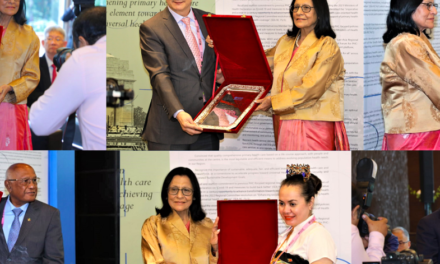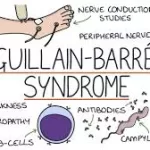In a significant breakthrough after eight years of meticulous research, scientists at Cold Spring Harbor Laboratory (CSHL) and the University of California, Davis, have made a pivotal discovery in pancreatic cancer research that could potentially slow down the disease’s aggressive spread, offering new hope in the fight against this deadly cancer.
Led by Dr. Chang-il Hwang, an assistant professor at UC Davis and former postdoc at CSHL’s Tuveson lab, along with CSHL Professors David Tuveson and Christopher Vakoc, the research team focused on pancreatic ductal adenocarcinoma (PDAC), a notoriously aggressive form of pancreatic cancer known for its rapid metastasis to other organs.
“Metastatic spread is one of the reasons pancreatic cancer is such a deadly disease,” explained Vakoc. “Our study led by Dr. Hwang has opened the door to new insights we might one day use to combat aggressive PDAC.”
Their groundbreaking research unveiled the critical role of a protein called Engrailed-1 (EN-1) in promoting the metastatic spread of late-stage PDAC. EN-1, typically involved in neurodevelopment, becomes overexpressed in advanced stages of pancreatic cancer, facilitating its deadly spread throughout the body.
“EN-1 is known to play a role in neurodevelopment,” said Hwang. “In the pancreas, it’s not normally expressed. But in the later stages of pancreatic cancer, it gets overly expressed and makes the cancer more metastatic.”
Using organoids, miniature versions of tumors, the researchers demonstrated that heightened levels of EN-1 hinder genes associated with natural cell death, allowing cancer cells to proliferate unchecked. However, when EN-1 expression was suppressed, the affected genes resumed their role in promoting healthy cell survival, effectively slowing down cancer progression.
“While targeting transcription factors like EN-1 with drugs remains challenging, our findings offer promising avenues for future research,” Hwang stated.
Pancreatic cancer remains the third-leading cause of cancer-related deaths in the United States, underscoring the urgent need for innovative treatment strategies. Hwang’s ongoing collaboration with CSHL aims to translate their research findings into personalized therapeutics and treatment strategies for patients battling this deadly disease.
“We know certain types of PDAC are dependent on EN-1,” Hwang emphasized. “If we can develop a way to test for it, we can create more personalized therapeutics and treatment strategies for patients. We’re looking forward to heading in that direction.”
The team’s groundbreaking study provides new insights into the underlying mechanisms of pancreatic cancer metastasis, offering renewed hope for improved treatments and better outcomes for patients battling this devastating disease.











